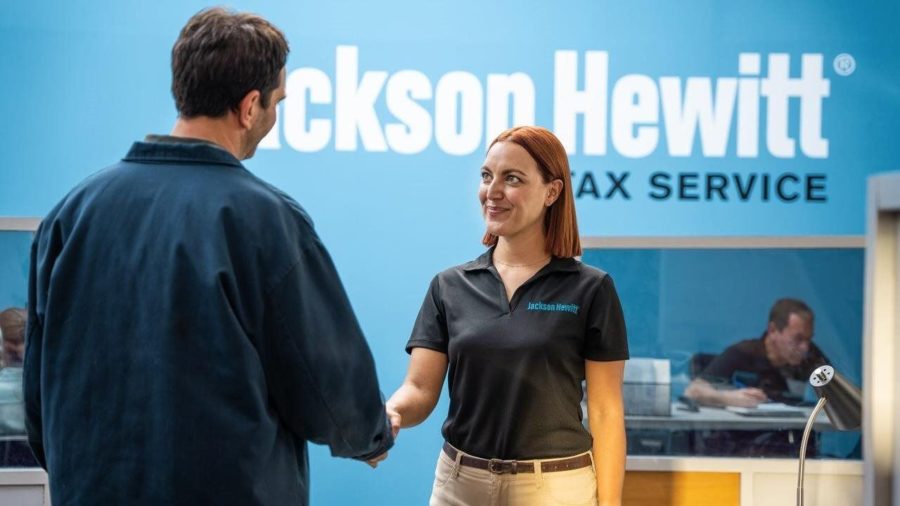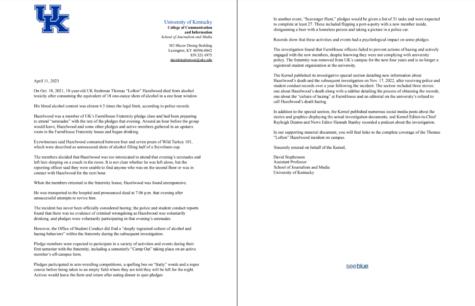How self-employed taxpayers can maximize their tax refund
March 23, 2022
(BPT) – Did you know self-employed people make up the largest and fastest-growing employment sector? If you’re one of the millions of self-employed Americans, you could benefit from current favorable tax laws — but if you don’t know them, you could risk paying too much.
“The self-employed can access many tax benefits, even if you only earn a small self-employment income on top of a full-time or part-time job,” said Mark Steber, chief tax information officer, Jackson Hewitt Tax Service. “Because tax law changes every year, make sure you’re not missing out on benefits. When in doubt, use a tax pro to be certain you’re getting the maximum refund you’re due.”
Here are answers to common questions about self-employment taxes.
Am I self-employed?
While many people may be entirely self-employed, it’s possible to have a full-time or part-time job with an employer and also earn some self-employment income. Generally speaking, you’re self-employed if you:
- Receive a Form 1099-MISC or 1099-K instead of a W-2
- Work as an independent contractor or freelancer
- Are the sole proprietor of a business
- Work a side gig based on your time, and you provide the necessary tools to do the work
What forms do self-employed taxpayers need?
If you’re self-employed, you need to file Form 1040 and include Schedule 1 and Schedule C with your return. You may also need Schedule 2, Schedule SE, Form 4562 or others, depending on your situation.
Usually, self-employed taxpayers must make quarterly estimated payments. The first payment of the year is due on the due date of the prior year tax return. For example, the first quarter 2022 estimated payment is due April 18, 2022. If you underpay your estimated taxes, you may owe a penalty.
“Taxes are confusing, especially with income from self-employment income,” said Steber. “It’s important to see a Tax Pro to be sure you are getting all the deductions you deserve and they are done right because self-employment income taxes are some of the hardest to understand.”
What are self-employment deductions?
Here are the most common self-employment deductions, which reduce your taxes and let you keep more of your own money. Consult a tax professional if you have questions about your circumstances.
Qualified Business Income (QBI) is one of the biggest deductions. This allows self-employed taxpayers to deduct up to 20% of their qualified business income before their income taxes are determined.
Deduction for 1/2 of self-employment tax allows taxpayers to take an above-the-line deduction of 50% of whatever they pay in self-employment tax.
Home office deduction. Unlike employees who happen to work from home, only those who are actually self-employed can take a deduction for their home office — and only if the office-in-home is not part of the living area of the home. It also must be used exclusively for the business.
Calculating the home office deduction:
- The traditional method is a longer, detailed approach needing information including the square footage of the home and the office, the number of days/hours used for the business and utility costs for the home (water and sewage are only allowed for businesses that rely on water such as a medical office, bakery or daycare).
- The safe harbor method allows a standard $5 per square foot deduction. This is calculated by multiplying the square footage of the office by $5, but the square footage is not to exceed 300 square feet, making the maximum deduction $1,500. Taxpayers using this simplified option cannot deduct any other expenses related to the home, but they can deduct business expenses unrelated to use of the home such as office supplies (e.g., paper and ink).
Using your vehicle for business purposes may allow you to deduct expenses. Track expenses including gas, oil, car insurance, repairs, cleaning and registration, plus mileage from the first day of the year (regardless of when you started using your car) through the end of the year.
Employees’ wages/salaries are deductible if paid for work directly related to your business and the pay is reasonable. You must be able to verify payments were made for duties actually performed.
Advertising expenses: business cards, billboards, car wraps and ad agencies, plus membership dues including Chamber of Commerce, local small business associations or trade groups.
Office expenses:
- Equipment, storage, office space rental
- Banking, credit card/debit card fees, legal and professional fees (bookkeeping, taxes)
- Painting, putting in shelves
- Cleaning and maintenance (minor repairs)
- Insurance, phone bills, supplies, gifts
Need help figuring out your self-employment taxes? Jackson Hewitt offers a variety of ways taxpayers can file their taxes, with over 5,500 locations nationwide plus online. Visit JacksonHewitt.com for information or assistance.



















































































































































